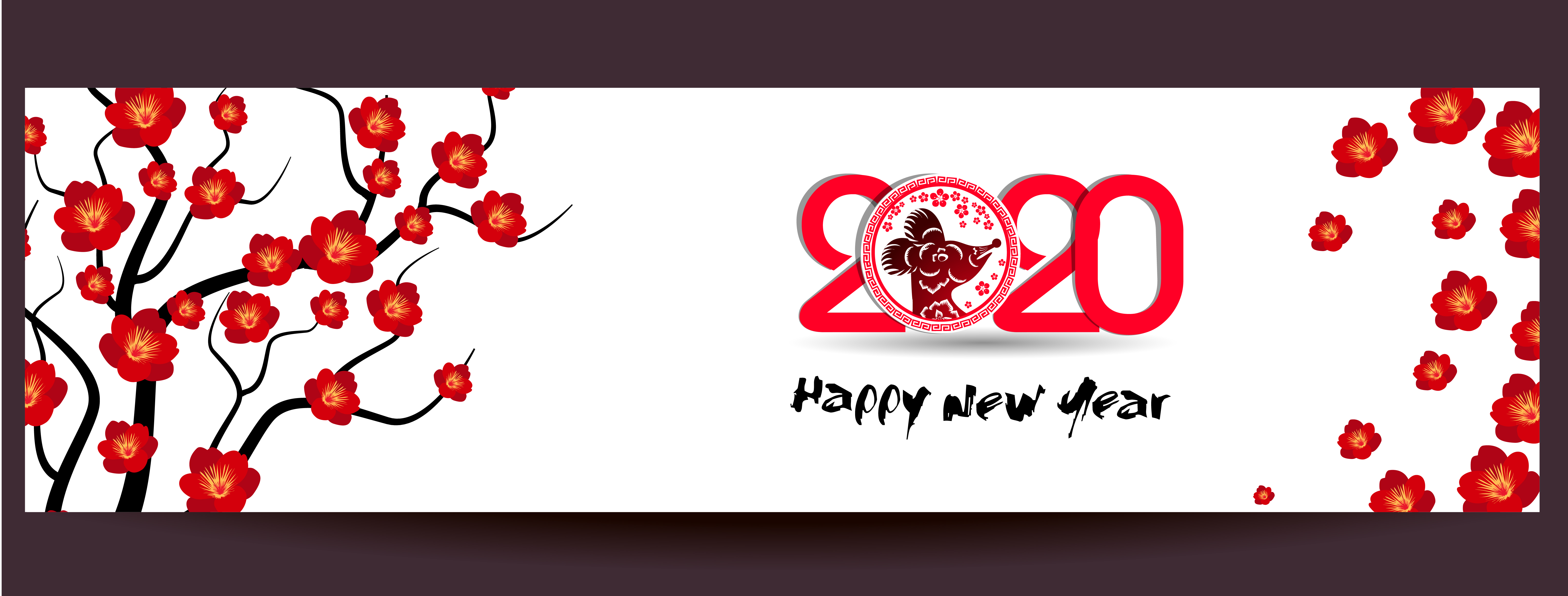

In Mandarin: xīn nián hǎo /sshin-nyen haoww/Ģ.It replaces the normal greeting "nǐ hǎo".

"Xīnnián hǎo“ is usually the first thing that’s said when Chinese people greet one another during Chinese New Year. 新年好 - Happy Chinese New Year (popular way) In Cantonese, the most common greeting is Gong hei fat choy(恭喜发财), which means 'Best wishes, wishing you happiness and prosperity.'ġ. A more formal greeting is Xīn nián kuài lè, literally meaning 'New Year happiness'. In Mandarin, the most common Chinese New Year greeting is Xīnnián hǎo (新年好), which directly translates as 'New Year Goodness'. New Year Wishes for Colleagues and Bossesģ Most Popular Chinese New Year Greetings.Chinese New Year Wishes for the Tiger Year.Popular New Year Wishes for Anyone and for Any Occasion.Let me know if we can make it even better for you. Come back for more! I hope you enjoy this Mandarin Chinese greetings guide. We’ll post another guide for Chinese New Year’s greetings first week in January. There is a more common way for people to greet each other at the beginning of the Chinese New Year (Saturday, January 28th this year): Gong Xi Fa Cai. So “Happy New Year” in English is “New Year Happy” in Chinese: 新年快樂 (xīn nián kuài lè). 新年 (pinyin spelling xīn nián, pronounced sseen nee-ahn) is New Year. 新年快樂 (simplified: 新年快乐, pinyin spelling xīn nián kuài lè, pronounced sseen nee-ahn kwhy luh) is Happy New Year in Chinese. How do you write and say Happy New Year in Chinese? So, 佳節快樂 (jiā jié kuài lè), Good Holidays Happy, is how you say Happy Holidays in Chinese. 節 (simplified: 节, pinyin spelling jié, pronounced jee-eh) is festival or holiday. 佳 (pinyin spelling jiā, pronounced jee-ah) is good, excellent, beautiful, or fine. Happy Holidays is 佳節快樂 (simplified: 佳节快乐, pinyin spelling jiā jié kuài lè, pronounced jee-ah jee-eh kwhy luh) in Chinese. Thus, 耶誕快樂 (yē dàn kuài lè), or Jesus’ Birth Happy, is also how you say Merry Christmas in Chinese. In that pronunciation, the name 耶穌 (yē sū) not only sounds close to the Latin pronunciation of Jesus, but also has a great meaning: The Lord who has risen again. Their speech has a hint of their particular accent. Just like people speak English with different accents in different parts of America, most Chinese don’t speak 100% Beijing Mandarin. 穌 (simplified: 稣, pinyin spelling sū, pronounced suu) means to revive, to come to, or to rise again. In old Chinese literature, 爺 (yē or yé, can be pronounced in the first or second tone) is the same as the Lord, father, or used to indicate a question (old Chinese writing has no punctuation marks). It is a character used to imitate a sound, often used for transliteration of foreign names. The character 耶 (yē pronounced in the first tone as in the transliteration of Jesus) does not have a special meaning. 耶 (pinyin spelling yē, pronounced yeh) is short for 耶穌 (simplified: 耶稣, pinyin spelling yē sū, pronounced yeh suu), which is the transliterated name for Jesus. 耶誕快樂 (simplified: 耶诞快乐, pinyin spelling yē dàn kuài lè, pronounced yeh dahn kwhy luh) is another way to say Merry Christmas in Chinese. So, 聖誕快樂 (shèng dàn kuài lè), Holy Birth Happy, is how you say Merry Christmas in Chinese.įor Christians who believe Jesus is more than a saint, there is another common phrase for Merry Christmas in Chinese: 耶誕快樂 (yē dàn kuài lè). 快樂 (simplified: 快乐, pinyin spelling kuài lè, pronounced kwhy luh) is happiness, joy, delight, or rejoicings. 誕 (simplified: 诞, pinyin spelling dàn, pronounced dahn) is birth or birthday. It is also short for 聖人 (simplified: 圣人, pinyin spelling shèng rén, pronounced shuung ruhn), meaning a sage or a saint. 聖 (simplified: 圣, pinyin spelling shèng, pronounced shuung) is sacred or holy.

Merry Christmas is 聖誕快樂 (simplified: 圣诞快乐, pinyin spelling shèng dàn kuài lè, pronounced shuung dahn kwhy luh) in Chinese. Merry Christmas! Happy Holidays! Happy New Year! How do you say and write all these in Mandarin Chinese? You’re about to know them all! Read on.


 0 kommentar(er)
0 kommentar(er)
